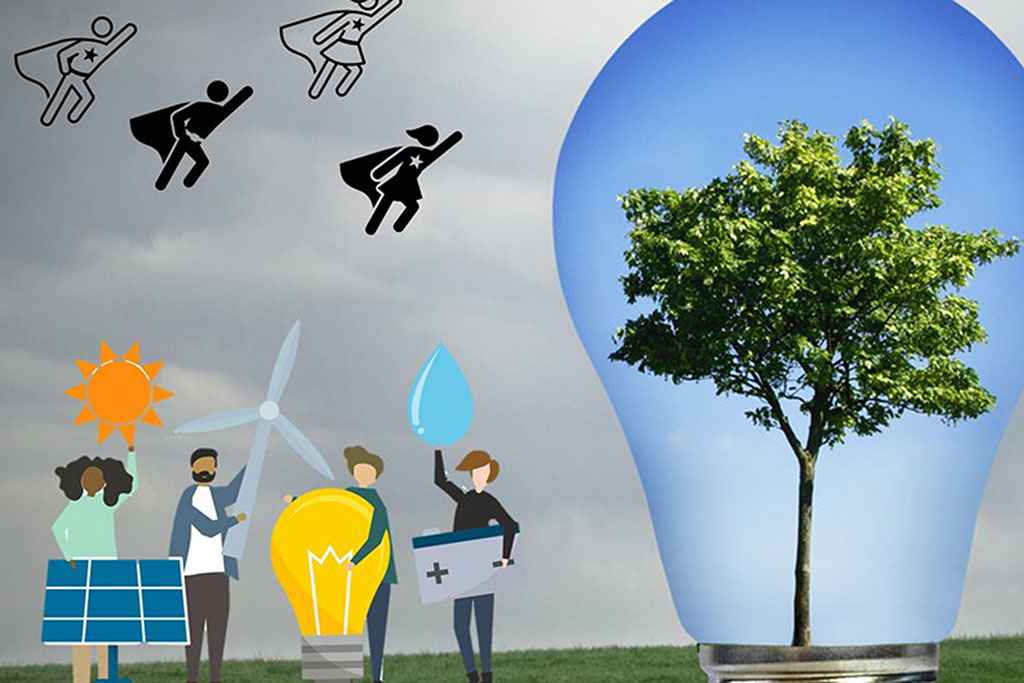Zero fossil carbon options for long distance transport
Prof Robert Steinberger-Wilckens (University of Birmingham)
Hydrogen is certainly the choice for decarbonising transport without having to make compromises about vehicle range. Nevertheless, for many vehicles, vessels and aircraft travelling long distances, hydrogen takes up too much volume on board. The talk will explore how hydrogen can be converted into other compounds that can be more bunkered in less volume and still do not contain any fossil carbon.
Blue hydrogen production by Sorption Enhanced Reforming (The HyPER Project)
Dr Peter Clough (Senior Lecturer in Energy Engineering, Cranfield University)
Low carbon hydrogen could play an important role for decarbonising industry, power, heat and transport. The Royal Society concluded that natural gas reforming with carbon capture and utilisation/storage (CCUS) was one of the most likely technologies to be deployed at scale in the near to mid-term. The HyPER project, funded by the UK Government Department for Business, Energy and Industrial Strategy, proposes to answer the call for technology development leading to a low carbon, cost effective, bulk H2 supply through pilot scale demonstration of the sorption enhanced steam reforming process, based on existing GTI technology. With our existing expertise of the process and collaborative industrial support we are aiming to demonstrate the process as an integrated system. This project is designing, constructing and operating a 1 MWth sorption enhanced steam reforming pilot plant reactor capable of producing a pressurised H2 stream and demonstrate the ability to achieve CO2 capture rates of >96%. The technology demonstrated in this project is expected to show the potential for reducing CAPEX by 50% relative to SMR/ATR+CCS.

